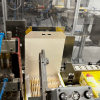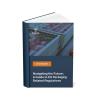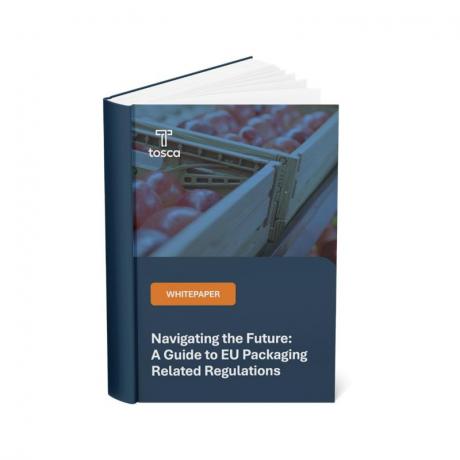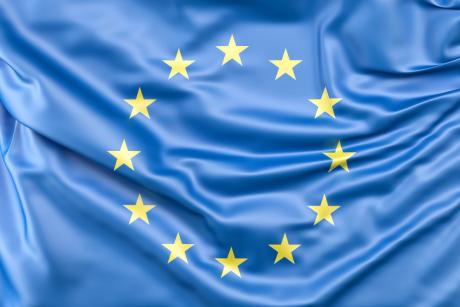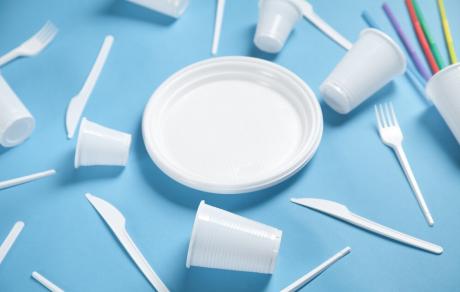European Bioplastics (EUBP) supports the intention of making single-serve coffee units mandatorily compostable and calls on the EU Parliament and Council to uphold this specific proposal to not undermine its effectiveness.
Hasso von Pogrell, Managing Director of EUBP, said:
While we regret that currently only a limited number of applications have been suggested to mandatorily be compostable, we wholeheartedly support the Commission’s inclusion of coffee capsules in the listing of products that, in the future, shall be allowed to be placed on the EU market only if certified compostable, as part of the Commission’s proposal for a revision of the Packaging and Packaging Waste Regulation (PPWR).
Coffee makes up approximately 80% of a coffee capsule, by weight. Capturing the capsules’ main component – the coffee – via organic recycling ensures the greatest value retention from the used application, which is in line with the fundamentals of circularity. For instance, compost containing coffee grounds has several benefits when used as a soil amendment, such as an improved C/N ratio. In any other end of life option, the valuable organic material is simply lost.
The Commission’s own Impact Assessment concludes that compostable coffee capsules are a preferred option from a Life-Cycle Assessment (LCA) point of view. EUBP reiterates the findings, which clearly indicate that compostable coffee capsules significantly increase the capture of biowaste, reduce the contamination of compost with non-compostable plastics, and do not lead to increased contamination of other waste streams.
If all single-serve units on the market are compostable in industrial composting facilities, in compliance with EN 13432, consumers are not confused where to dispose their coffee capsules after use. At the same time, the organic recycling operators have the peace of mind that whatever single-serve unit enters their facilities is safe, in a sense that it can biodegrade like the rest of the input material and does not leave persistent microplastics.
In addition, given that separate collection of biowaste will be mandatory from beginning of 2024 in EU, there is no need for a dedicated separate infrastructure build up for collection, sorting and organic recycling of certified compostable coffee capsules. The structure is anyways needed to organically recycle the separately collected biowaste. This is, however, not the case for other forms of coffee capsules on the market. Even if recycling schemes exist in very few countries, investments are needed to build up sorting, and efficient recycling of the packaging material at scale.
Hasso von Pogrell concluded:
We, therefore, strongly believe that organic recycling is the most environmentally sound end of life option for single serve coffee units and call on the European Parliament and Council to keep coffee capsules on the positive list for mandatorily compostable packaging applications as set out in Art. 8 of the Commission’s proposal for a revised PPWR.



